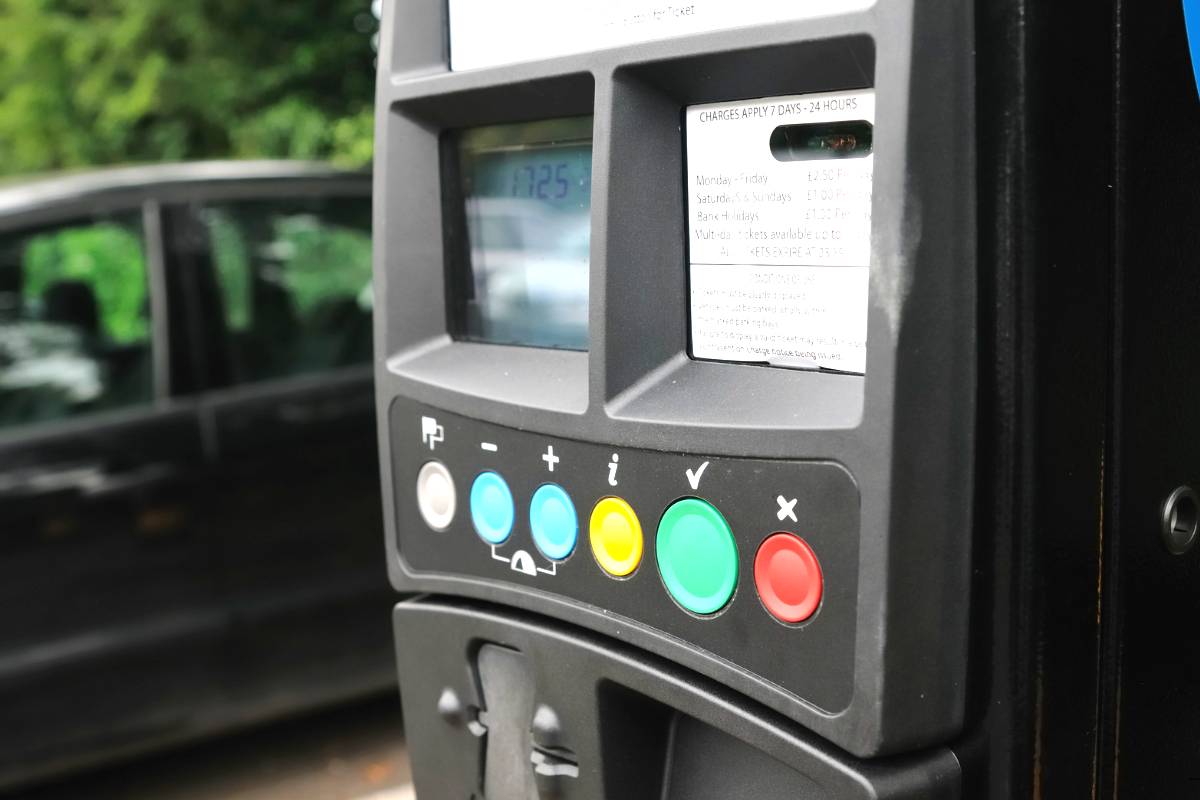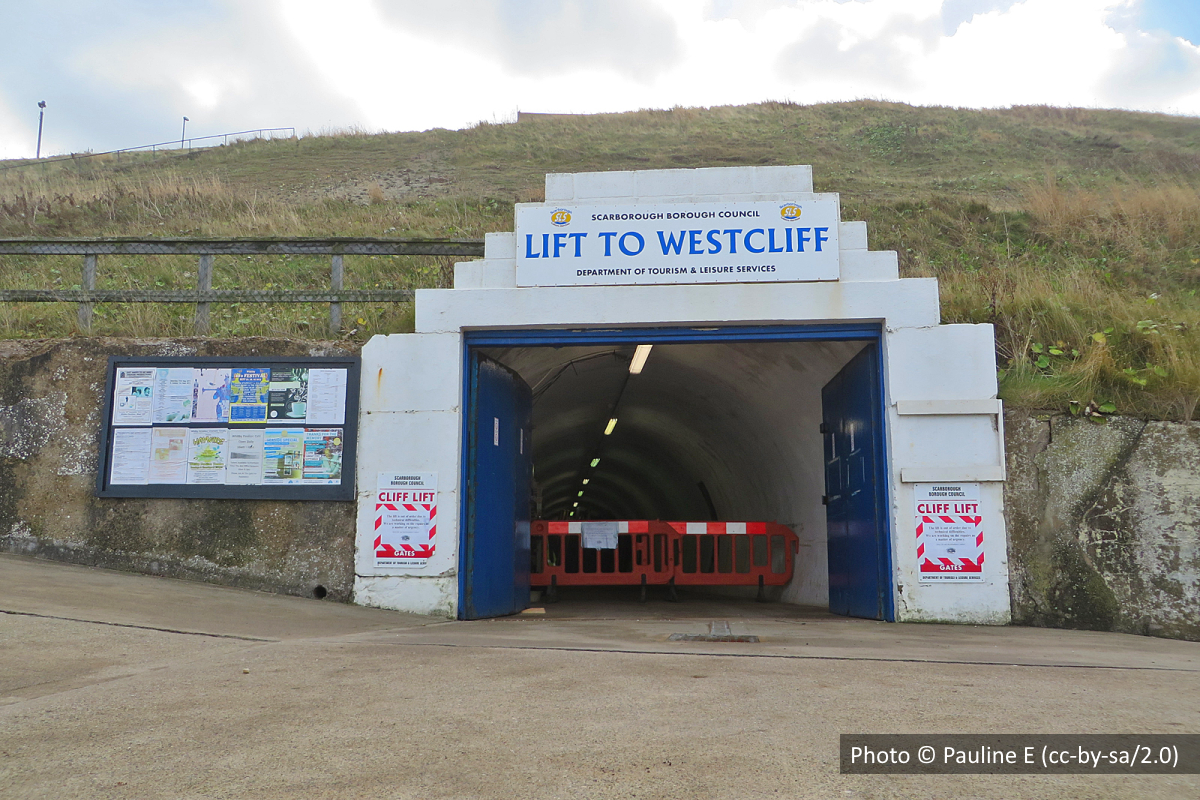
North Yorkshire Council is moving forward with plans to adopt a new set of Strategic Parking Principles, in an effort to replace the "patchwork of inherited policies" that governed parking under the former borough and district councils.
The principles will serve as an overall framework to guide parking strategy and management throughout the region while leaving room for local variation, it is not envisaged that the same parking charges will apply everywhere.
According to Executive Member for Highways, Councillor Malcolm Taylor, the move
"Marks a significant step in aligning parking policies the principles will guide how parking is managed and developed across North Yorkshire, replacing a patchwork of inherited policies from the former borough and district councils.
The key themes are ensuring that parking provides a value for money service that reflect local need, the aim is to make sure that the parking service is self-sustaining and there's fairness across our 170 car parks.
These principles are not just about where people park, they're about how we support our town centres, reduce congestion, improve air quality, and make our communities more accessible and attractive."
Head of Highways Karl Battersby acknowledged the need to reconcile the desire for county-wide consistency with the diverse demands of local areas. Mr Battersby stated:
"This is another scenario where we've had a multiplicity of approaches across the county and we're trying to get some level of consistency and fairness.
I think we recognise with parking that one size doesn't fit all which is why we're proposing to do local action plans recognising that parking plays different roles in different locations.
But there are some things which we think need to be applied universally across the county which is why we're bringing forward this approach.
ow the intention is that we will start to to have those conversations around the action plans in the autumn. Clearly, they will involve local members as well as town and parish councils in those discussions."
Councillor Simon Myers welcomed the recognition of varied economic pressures across the region, supporting an approach that avoids rigid standardisation. Councillor Myers said:
"I'm very pleased that that we are recognizing in this that there are different pressures across the whole of North Yorkshire that it is not suitable to try and introduce standard charges or a standard methodology and approach to parking because North Yorkshire's local economies are very diverse and the role of parking is very different in some areas. So I really welcome that."
The approach proposes three stages, starting with the adoption of these strategic principles, followed by a tariff re-balancing exercise, and finally, the development of Town Parking Strategies with local Action Plans.
Scarborough Councillor Heather Philips highlighted the substantial variations in requirements across the county, even between geographically close communities. Councillor Philips also stressed the necessity of vehicular transport in the area:
"There are vast differences across the piece. Even between a village and a town next to each other, they can have different requirements.
And also, I think it paints the picture that we aren't against cars.
We understand that the nature of our county is that cars and travel by that method are vital because of the lack of other transport links."
The principles are shaped to reflect local needs and circumstances while providing a consistent overall policy framework. Tariffs will be varied between locations and between on-street and off-street car parks to manage issues such as congestion effectively.
The review process acknowledges that principal towns such as Scarborough may require different charge hours and pricing compared to smaller or more rural market towns and villages. Parking arrangements are considered key to trade, and the management of parking aims to support the vitality and attractiveness of town centres.
Head of Highways Karl Battersby confirmed that the development of local area action plans will involve local members, town, and parish councils, recognising that these representatives "know how parking operates in their areas". The intention is to start these conversations in the autumn of this year.
The Strategic Principles also address financial concerns and specific user groups. Parking is intended to be financially sustainable, covering the full cost of providing the service and capital investment. A core theme of the principles is "Delivering good-quality service".
On the issue of Blue Badge parking, the council intends to introduce consistency in charging in specific areas. Mr Battersby clarified the proposed application of charges for disabled parking:
"Around disabled parking charges. As the report says, the principle is that we would consistently apply the charges on our off- streetet car parks because again we have a mixed picture across the board.
It's different regulations in relation to on street provision and the ability to park. So we have no no influence on those.
I think as I said when we do local area action plans we would want to involve local members but also local town and parish councils recognising that they representatives of the patch know how parking operates in their areas.
We would want to engage and have discussions with them. We want to start those conversations around area action plans in autumn this year."
Under Principle 14, the framework confirms that off-street charges will apply in all cases for Blue Badge parking.
The council believes that the principles will help improve accessibility and attractiveness within communities, aiming to support the economy, reduce congestion, and improve air quality. Enforcement is also expected to be bolstered to keep contraventions down to an acceptable level.




 Scarborough Spa Hosts 2026 Yorkshire Hospitality, Tourism & Business Expo
Scarborough Spa Hosts 2026 Yorkshire Hospitality, Tourism & Business Expo
 Councillors Back Calls to Save Whitby’s ‘Vital’ Cliff Lift
Councillors Back Calls to Save Whitby’s ‘Vital’ Cliff Lift
 Whitby’s Whale Bone Arch Replacement Could Cost £60,000
Whitby’s Whale Bone Arch Replacement Could Cost £60,000
 Scarborough Athletic Back Under The Mounting Systems Stadium Lights
Scarborough Athletic Back Under The Mounting Systems Stadium Lights
 Whitby Town Make First Cleethorpes Trip As Basement Battle Continues
Whitby Town Make First Cleethorpes Trip As Basement Battle Continues
 Councillors Clash Over Permanent Overnight Motorhome Parking Ban Plan for Scarborough and Whitby
Councillors Clash Over Permanent Overnight Motorhome Parking Ban Plan for Scarborough and Whitby
 Armed Forces Charity Boosted by Scarborough Skydive
Armed Forces Charity Boosted by Scarborough Skydive
 Council Set to Spend £477,000 on Vapes
Council Set to Spend £477,000 on Vapes
 Assault on Man with Crutches in Seamer
Assault on Man with Crutches in Seamer
 Filey Town Council Expresses ‘Frustration’ Over Shock Closure of Seafront Toilets
Filey Town Council Expresses ‘Frustration’ Over Shock Closure of Seafront Toilets
 A64 CLOSED Due To Serious Accident Near Malton
A64 CLOSED Due To Serious Accident Near Malton
 Scarborough MP Says Town Needs Accessible Play Area
Scarborough MP Says Town Needs Accessible Play Area









Comments
Add a comment